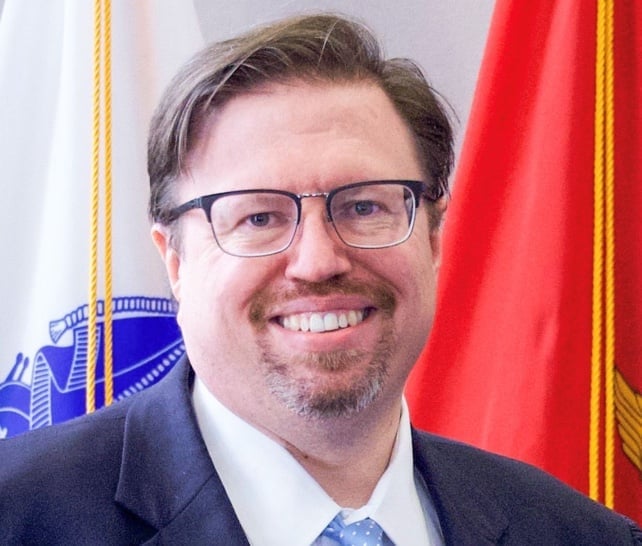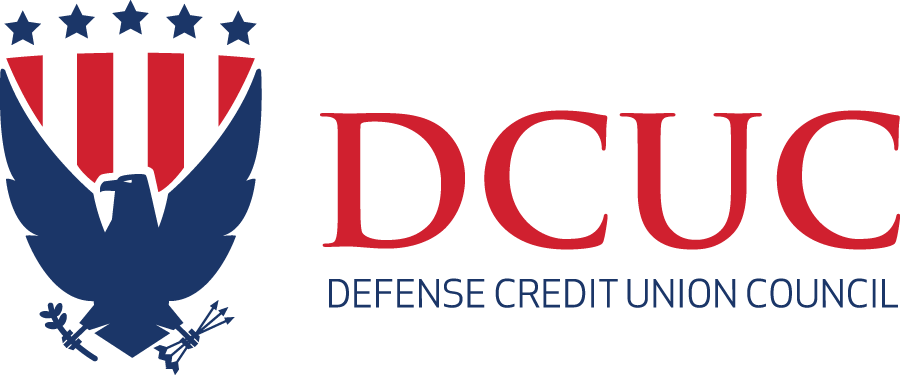The Community Development Financial Institutions (CDFI) program has been a cornerstone of financial empowerment for underserved communities for over 30 years. Following President Trump’s March 14 executive order seeking to scale back the CDFI Fund, concerns have mounted over the potential consequences of this decision.
However, there has been recent reports that the Treasury has stated all CDFI programs are legal.
The Defense Credit Union Council (DCUC) is heartened by the recent clarification from the U.S. Treasury Department affirming that all 11 programs within the Community Development Financial Institutions (CDFI) Fund are statutorily mandated. This confirmation underscores the indispensable role these programs play in bolstering economic growth and ensuring financial services reach underserved communities nationwide.
DCUC has consistently championed the CDFI Fund’s mission, recognizing its pivotal contribution to defense credit unions dedicated to serving military personnel, veterans, and their families. The Treasury’s acknowledgment reinforces our collective commitment to fostering financial inclusivity and supporting the economic well-being of those who serve our country.
We extend our gratitude to Treasury Secretary Scott Bessent for his prompt and supportive response to our concerns. DCUC remains steadfast in collaborating with the Treasury, the Administration, and Congress to ensure the continued success and enhancement of the CDFI programs. Together, we can advance initiatives that promote financial accessibility and empower our nation’s military families and low-income communities.
While reassured by this recent news, together, we must remember that the Executive Order had two parts: ensuring programs align with statutory authority and reducing them to the minimal level necessary to comply with the law. What that means in terms of staffing and execution remains unclear, so the credit union movement must continue engaging with both Congress and the administration to stress the importance of these programs.
The CDFI program enables mission-driven lenders, including nearly 500 credit unions, to provide essential financial services to low-income communities and military families. Through CDFI funding, these institutions finance small businesses, expand affordable housing, and offer financial education, reducing reliance on high-cost alternative lenders.
In Fiscal Year 2024 alone, CDFI program awardees financed over 109,000 small businesses and supported more than 45,000 affordable housing units, channeling $24 billion into underserved communities.
Why CDFI credit unions matter
CDFI grants have allowed credit unions to open branches in banking deserts, provide emergency small-dollar loans, and invest in local economic growth. Eliminating the CDFI Fund would directly impact these efforts, harming service members, veterans, and working families who depend on credit unions for financial stability. As of January 2025, 495 certified CDFI credit unions serve millions of residents in low-income areas, including those surrounding military bases. Many junior enlisted service members qualify under the CDFI Fund’s “Low-Income Targeted Population” criteria, relying on CDFI-supported credit unions for accessible loans and financial education.
The March 14, 2025, executive order categorizes the CDFI Fund as “unnecessary,” mandating its elimination “to the maximum extent consistent with applicable law.”
This directive creates uncertainty for community-focused credit unions and raises questions about the future of mission-driven financial services. Congress established the CDFI Fund in 1994 to promote economic revitalization and community development. Lawmakers have consistently reaffirmed its value by maintaining funding, despite previous proposals for cuts.
Given the significance of this policy shift, DCUC urged the Treasury Department to clarify its stance and work with Congress to preserve essential CDFI functions. If full reinstatement is not possible, alternative funding solutions must be explored to ensure credit unions can continue serving high-need areas.
Economic impact
In Fiscal Year 2024 alone, CDFI program awardees originated more than $24 billion in loans and investments, financing thousands of businesses and affordable housing units.
Afena Federal Credit Union (Marion, IN): Received a $590,000 CDFI grant in 2022 to expand financial coaching and affordable loans for vulnerable families. One member refinanced her auto loan, reducing her monthly payment and allowing her to buy essential items for her family.
Fort Randall Federal Credit Union (Wagner, SD): Used a $3.7 million CDFI Equitable Recovery grant to expand services across six counties, including Native American reservations with poverty rates nearing 49%. The credit union introduced new lending programs and credit-building assistance, helping previously unbanked residents establish financial stability.
The consequences of reducing or eliminating the CDFI Fund
Ending CDFI funding would have immediate and severe consequences, including:
- Reduced access to financial services, forcing many to rely on payday lenders. About 25% of U.S. households are currently unbanked or underbanked (FDIC, 2024).
- Fewer small business loans, cutting off capital for entrepreneurs in struggling communities.
- Economic stagnation in areas that rely on CDFI-backed investments.
- Additionally, demand for CDFI support already exceeds available resources. In 2024, funding requests far surpassed allocations, demonstrating the need for expansion rather than elimination.
Opportunity Zones and CDFI credit unions: Complementary tools
Opportunity Zones (OZs), introduced in 2017, complement the mission of CDFI credit unions by attracting private investment to economically distressed communities. OZs offer tax incentives for investors in affordable housing, local businesses, and infrastructure projects. By the end of FY2020, OZs had generated $48 billion in investments across 3,800 communities (U.S. Economic Development Administration, 2022). Many CDFI credit unions operate in Opportunity Zone-designated areas, ensuring that as new developments emerge, local residents benefit from accessible financial services.
The path forward
With the financial security of millions of Americans at stake, DCUC remains committed to advocating for CDFI funding. Together, we can ensure continued financial access for underserved communities and uphold the economic resilience of those who need it most.








